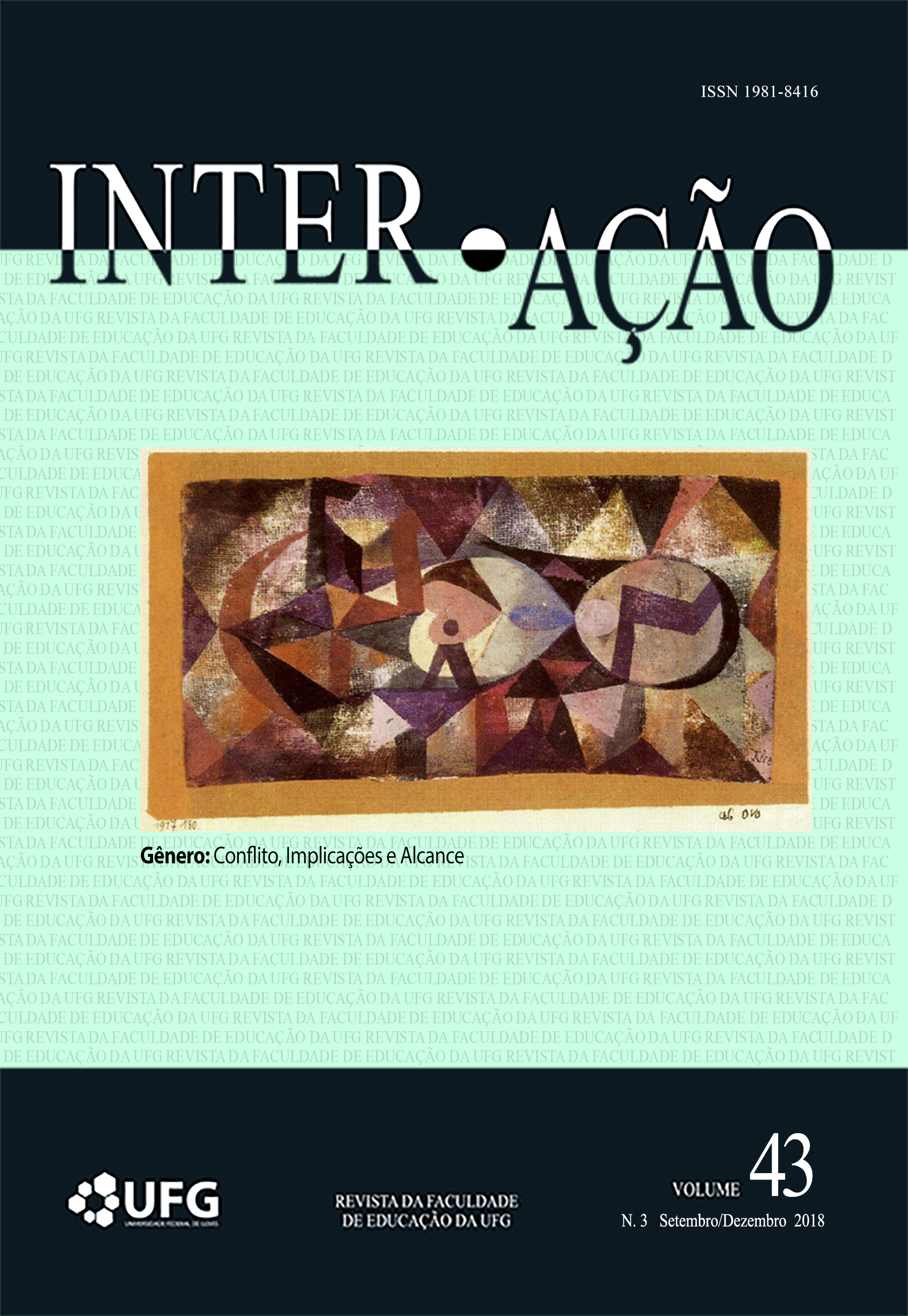As teorias sobre alfabetização e os impasses em torno do caráter social dos objetos de conhecimento
DOI:
https://doi.org/10.5216/ia.v43i3.50800Abstract
O artigo apresenta uma discussão em torno da questão do caráter social da linguagem escrita e do papel do outro na sua aprendizagem a partir de revisão bibliográfica centrada em representantes das principais correntes de estudos sobre a alfabetização de crianças no Brasil. Apontando os limites que os estudos histórico-culturais de Smolka atribuem à perspectiva psicogenética, retomam-se os estudos de Emilia Ferreiro acerca do aspecto social implicado na alfabetização e sua importância para a discussão acerca dos determinantes estruturais da construção do conhecimento sobre a escrita. Por último, são apresentados alguns trabalhos no campo da aquisição da escrita que tomam a psicanálise lacaniana como referencial, destacando a inflexão do debate ao pensar a linguagem como lei estrutural do campo social.
Downloads
Published
Versions
- 2026-01-30 (2)
- 2019-03-12 (1)
How to Cite
Issue
Section
License
Copyright (c) 2018 Inter Ação

This work is licensed under a Creative Commons Attribution-NonCommercial 4.0 International License.
Inter-Ação uses the Creative Commons Attribution 4.0 License for Open Access Journals (Open Archives Initiative - OAI) as the basis for the transfer of rights. Open access means making documents available on the Internet free of charge, so that users can read, download, copy, distribute, print, search, or link to the full text of documents, process them for indexing, use them as input data for software programs, or use them for any other lawful purpose, without financial, legal, or technical barriers.
Authors publishing in this journal agree to the following conditions:
1) Authors retain copyright and grant the journal the right of first publication, with the work simultaneously licensed under the Creative Commons Attribution License, which permits redistribution of the work with attribution and first publication in this journal.
2) Authors are permitted to enter into additional, separate agreements for non-exclusive distribution of the version of the work published in this journal (e.g., for publication in an institutional repository or as a book chapter), with attribution and first publication in this journal.
3) Authors are permitted and encouraged to publish and distribute their work online (e.g. in institutional repositories or on their home page) at any time before or during the editorial process, as this may generate productive changes as well as increase the impact and citation of the published work.















